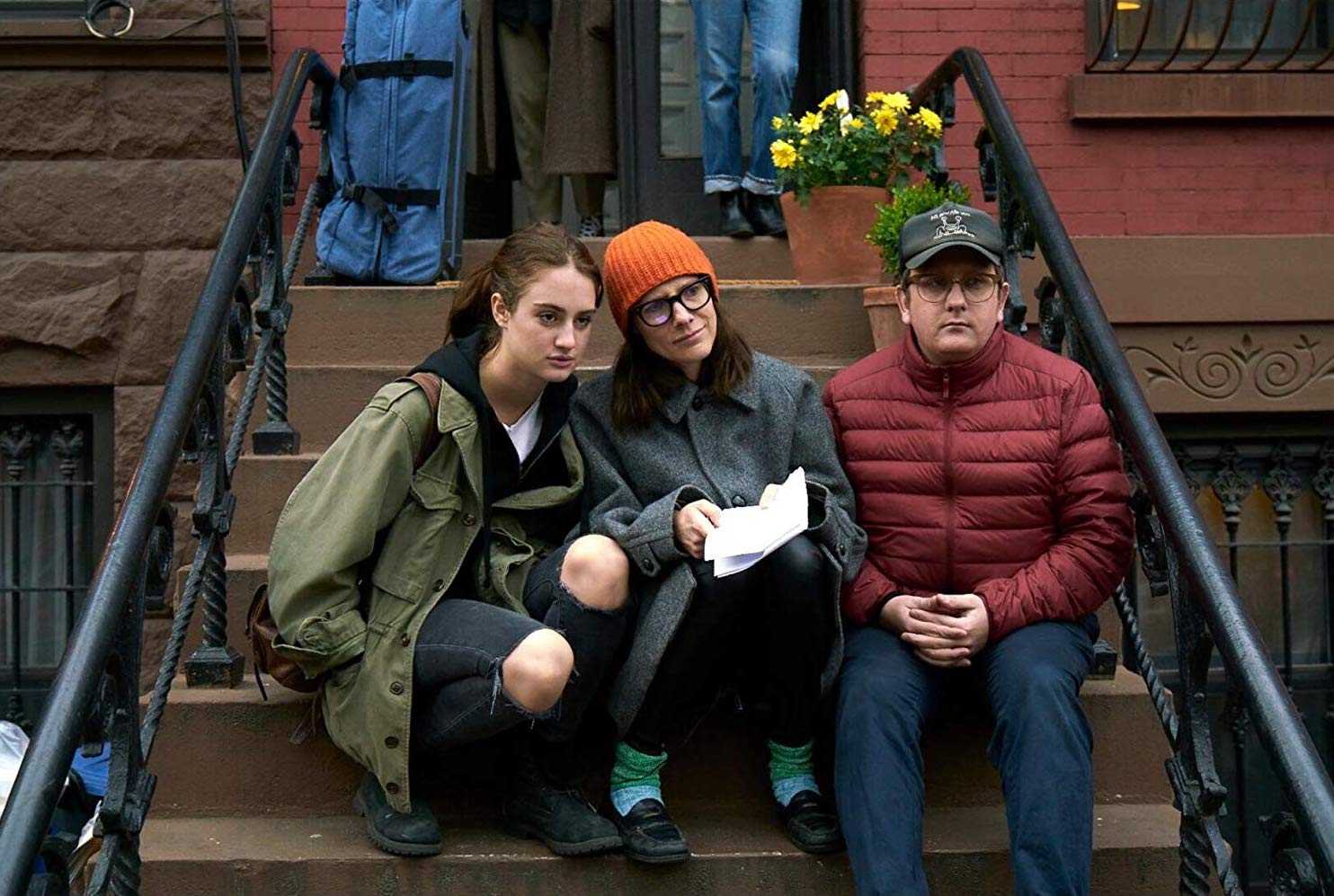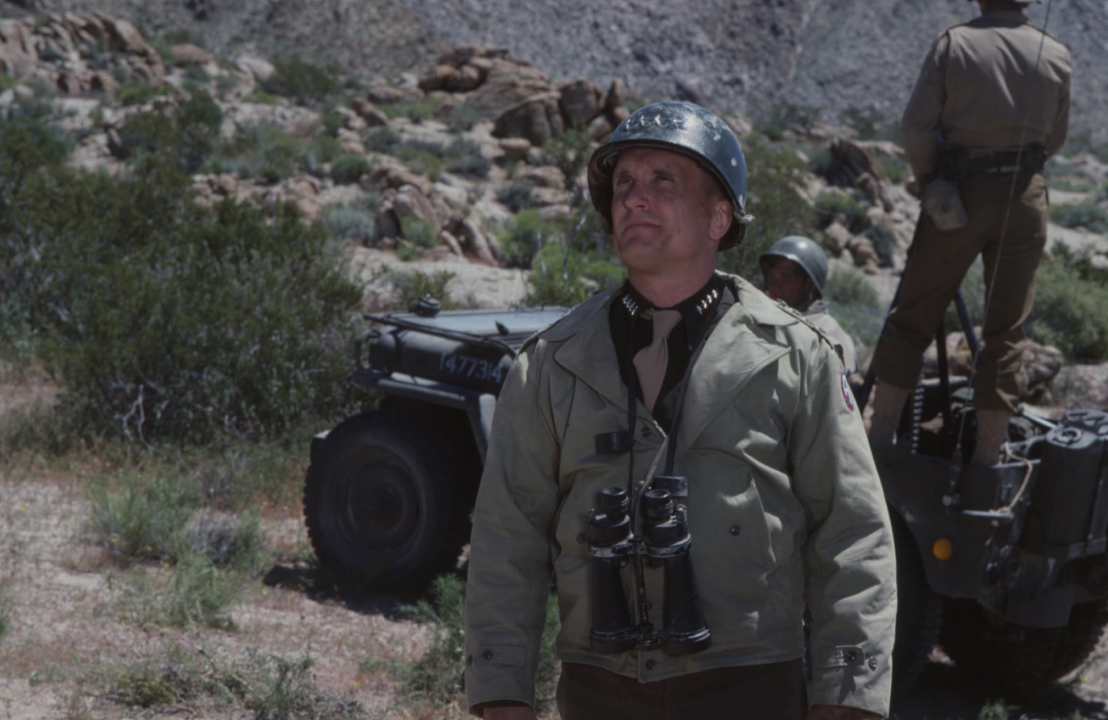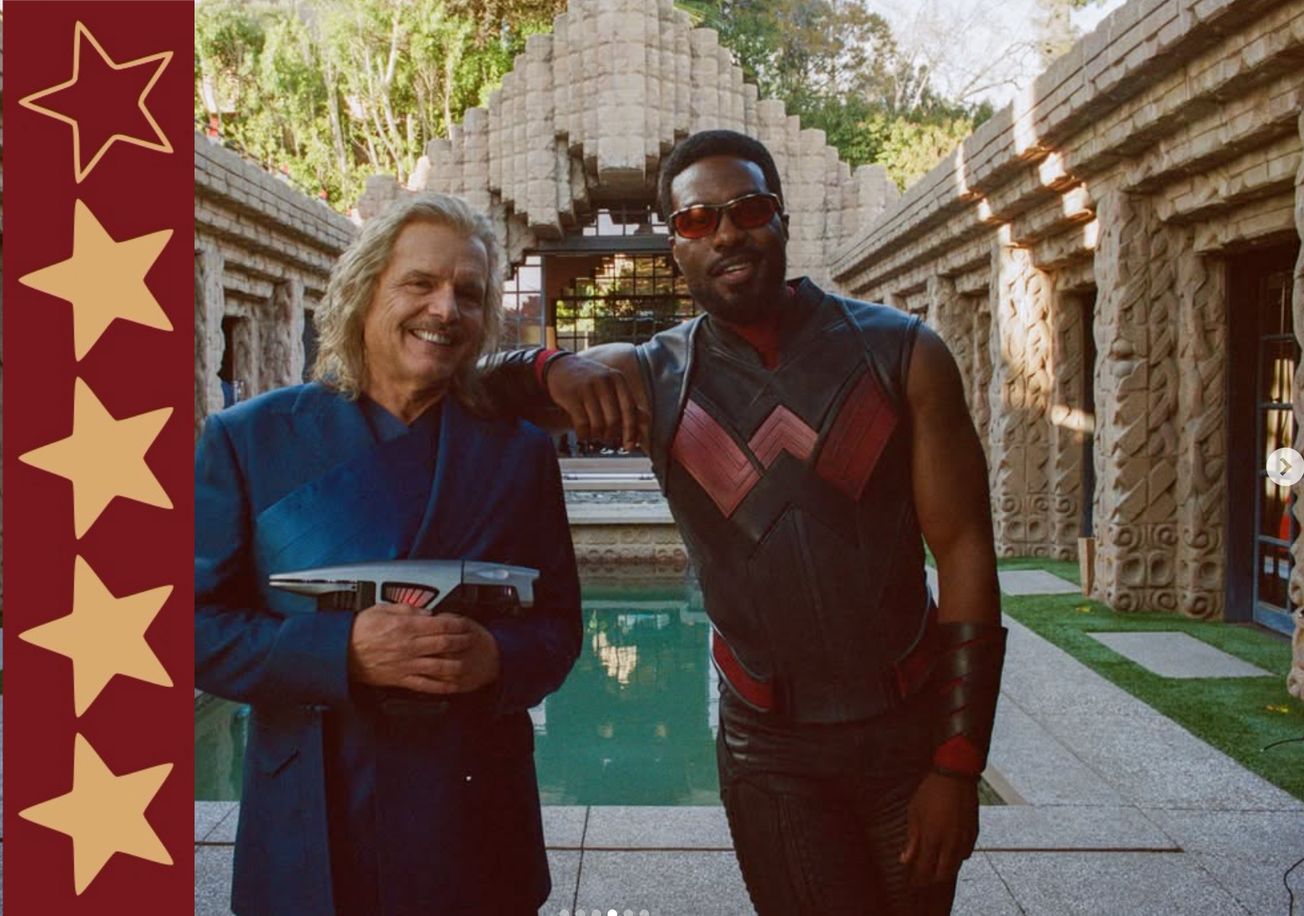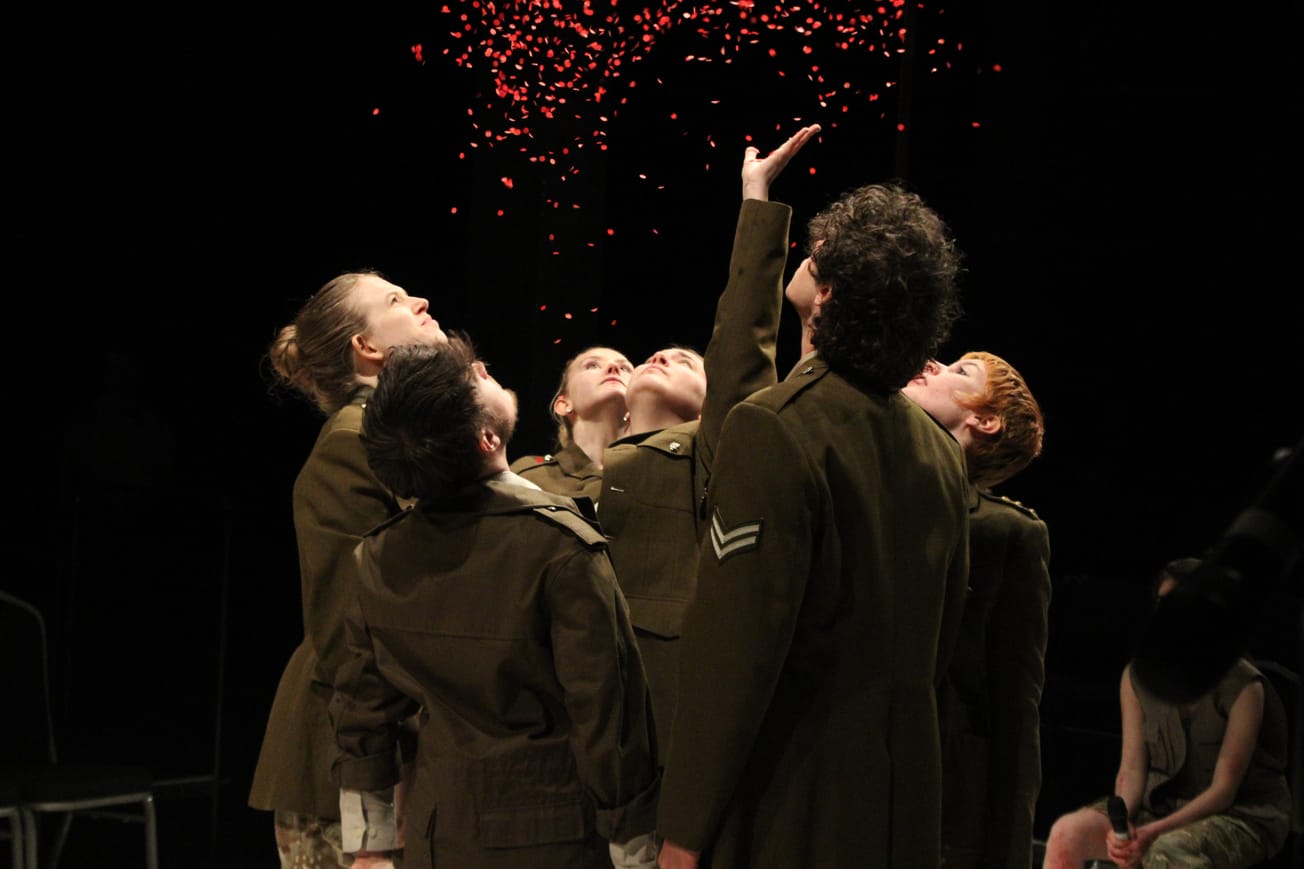By, Siavash Minoukadeh, Entertainment Subeditor
This New-York-set indie comedy has a lot in common with what came before but Dolly Wells' directorial debut also adds a touch of emotional maturity which makes it stand out.
The ‘New York indie film’ genre is one of the most established set of clichés in Hollywood. From Manhattan (1979) onwards, the quirky, awkward youth of the Big Apple have been depicted in countless films. This reached its peak a few years ago with a whole slew of interchangeably twee films including Lena Dunham’s Tiny Furniture (2012), Noah Baumbach’s Frances Ha (2013) and Josh Radnor’s Happythankyoumoreplease (2010).
Writer-director Dolly Wells is therefore treading a pretty well-worn path with Good Posture, another film set in the interior of an upper-middle-class intellectual New Yorker. Not only does Wells face the pressure that comes with this being her directorial debut, she also has the challenge of making Good Posture make a meaningful contribution to the genre rather than just being another pumpkin-spice-flavoured escapist fantasy for hipsters.
Recruiting her close friend and Doll & Em (2014-15) partner Emily Mortimer alongside nascent indie film darling Grace van Patten, Wells has a strong cast to work with. Van Patten plays Lilian, ‘an entitled oaf’ who ends up living in novelist Julia Price’s (Mortimer) Brooklyn townhouse whilst her father is off in Paris.
Good Posture doesn’t look different to the films that came before it, but it feels noticeably different
Sounds like another cookie-cutter indie film so far, albeit one with great casting. However though the plot and the characters are like those we’re used to seeing, Wells’ direction comes at them from a far more mature point of view. Moody Lilian is still the centre of the action but the camera does not indulge her rash youthfulness but instead sagely observes the action from a distance, much like Julia does.
In a number of ways, Good Posture is indie film, but grown up and wise. The classic indie tropes are all there: ukulele music, wide-angle montages of red-brick Brooklyn houses and crisp shots of autumn foliage. All of these are well captured and the film’s aesthetic is consistently crisp and pleasant. Good Posture doesn’t look different to the films that came before it, but it feels noticeably different.

For one thing, the plot can’t be summed up into a simple ‘romance’ or ‘coming-of-age’ label, though both those things are at play here: what Wells has written is less of a story and more of an observation of how two complex, nuanced characters react to one another. A lot of this comes across in Julia who is reclusive and hands-off and yet warmly protective of Lilian in a heartwarming parental way.
For one thing, the plot can’t be summed up into a simple ‘romance’ or ‘coming-of-age’ label
Mortimer manages to convey this excellently with a fiery intellectualism and shy warmth that complement each other wonderfully. Her long friendship with Wells shines through in the complexity with which she brings Julia to life. I only wish she had been given more screen time - though, for plot reasons, that would have been odd - simply because I think she’s massively underrated as an actor and deserves a chance to show off her skills.
This gorgeous movie from the brilliant @WellsDolly opens today! Go see! #goodposturefilm @pinpointfilmsHQ pic.twitter.com/Vt5NKBAg33
— Mark Gatiss (@Markgatiss) October 4, 2019
Wells also pulls in some pretty big literary cameos which help in shifting the tone from a run-of-the-mill indie plot into something more grounded and intelligent. Particular credit has to go to Zadie Smith - ask anyone who knows me and they’ll tell you how obsessed with her writing - who plays herself talking about Julia’s novel ‘Good Posture’. Normally quite reserved with her camera appearances, Smith here is charming and funny and a wonderful addition to the film.
I’m not claiming that Good Posture is a genre-subverting film which completely eschews the indie film tradition: it still shares a lot of cinematic DNA with the films that have come before it. However, given how easily indie films can fall into the trap of being a pleasant, but unoriginal, watch, it is worth pointing out that Wells has achieved something significant in making Good Posture contribute something new and more emotionally mature to indie film.
Wells also pulls in some pretty big literary cameos which help in shifting the tone from a run-of-the-mill indie plot into something more grounded and intelligent
It’s therefore both a pleasant watch without being repetitive, a tough feat when there are so many films trying to do the same thing.
Featured image: IMDb / Pinpoint Films
Do you think indie films have become too similar to each other?







